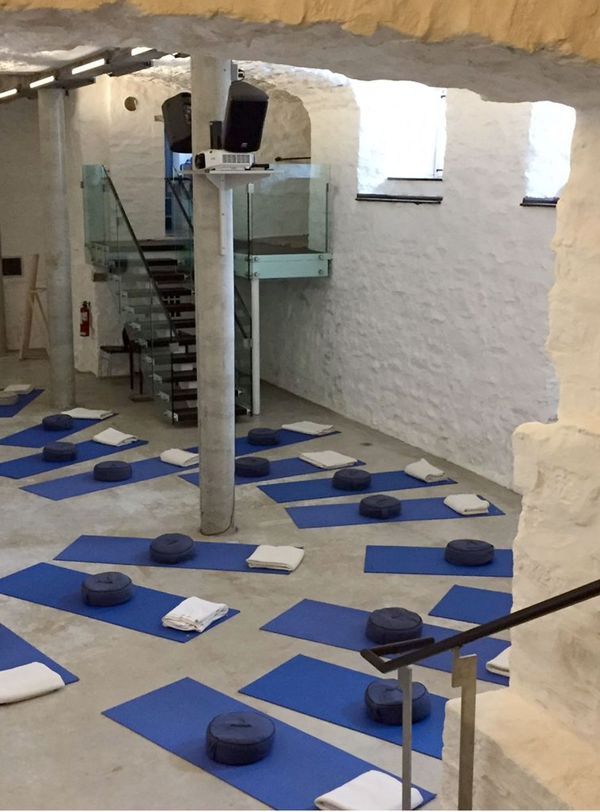Have you ever thought of traveling to Costa Rica for dental work? Or to Thailand for much-needed cancer treatment? These scenarios might sound crazy to you, but going to a less-developed nation for a medical procedure is what almost a million Americans are doing every year.
So, why would someone travel halfway around the world just to see a doctor? There are a few reasons people opt for this type of unique getaway.
In countries with highly privatized health care systems, like the United States, consumers are experiencing rising medical costs. Every year, Americans spend an average of $8,000 per person in medical costs. Despite being big spenders compared to the rest of the world, the benefits don't always equal the costs. People in Japan, who have the highest life expectancy among the world's developed nations, only spend $3,000 per person to receive medical care. Traveling to another country for treatment, including the cost of airfare and hotel stays, can often still save someone money in the long run.
In a public health system, like the National Health System in the United Kingdom, people may wait weeks to see a doctor or be penalized if they see a specialist without prior approval. They seek treatment in other countries to avoid wait times and added costs.
The Destinations
According to Patients Without Borders, medical tourism is a $40 billion global industry and growing. In fact, over 50 countries now identify medical tourism as a national industry. Many of these countries are actively trying to attract tourists by improving their health care standards and adding enticing incentives. For example, South African companies introduced "medical safaris," where tourists can get a nip and a tuck one day and take a tour of the local wildlife the next.
Most of these trips don't begin on a whim. Tourists looking for treatment in another country often start by contacting a medical tourism provider at least a month in advance—usually more—to get information about specific hospitals, risks, prices and legal issues in other countries.
The Downsides
Of course, there are risks to getting health care away from home. Other countries may have diseases that you are not used to and therefore haven't built up any immunity to. This is especially risky if you are vulnerable from a surgery or a condition that you're seeking treatment for in the first place.
The treatment itself might be fine, but you could experience complications afterward. Who would you contact? Once you return home, it could be difficult to reach the doctor who treated you or have access to proper follow-up care. Plus, how will you get home? Traveling while recovering could slow the healing process, especially if you need to take a long flight. Even worse, flying after a recent surgery increases your risk of developing dangerous blood clots. And some airlines restrict flying if you have certain conditions or mobility limitations.
If the perfect storm occurs, and you experience slow healing, infection or serious complications, it could be nearly impossible to file a complaint. Being a world away from your doctors means more red tape and dragging administrative feet. And you might find that costs are sometimes lower in other countries because the ability to sue for malpractice is limited.
A Growing Option
An estimate by Deloitte Consulting projected that the number of American medical tourist could jump by a factor of 10 over the next decade. Some American companies are even incorporating medical tourism into their health care plans to lower their costs. In 2000, Blue Shield of California started the first cross-border health plan. Patients under the plan could visit one of three approved hospitals in Mexico to receive care.
However, before deciding to become a medical tourist, do your research. Choose a hospital accredited by Joint Commission International and explore your options. Of course, be aware that going to even the most researched facilities will carry risks.







